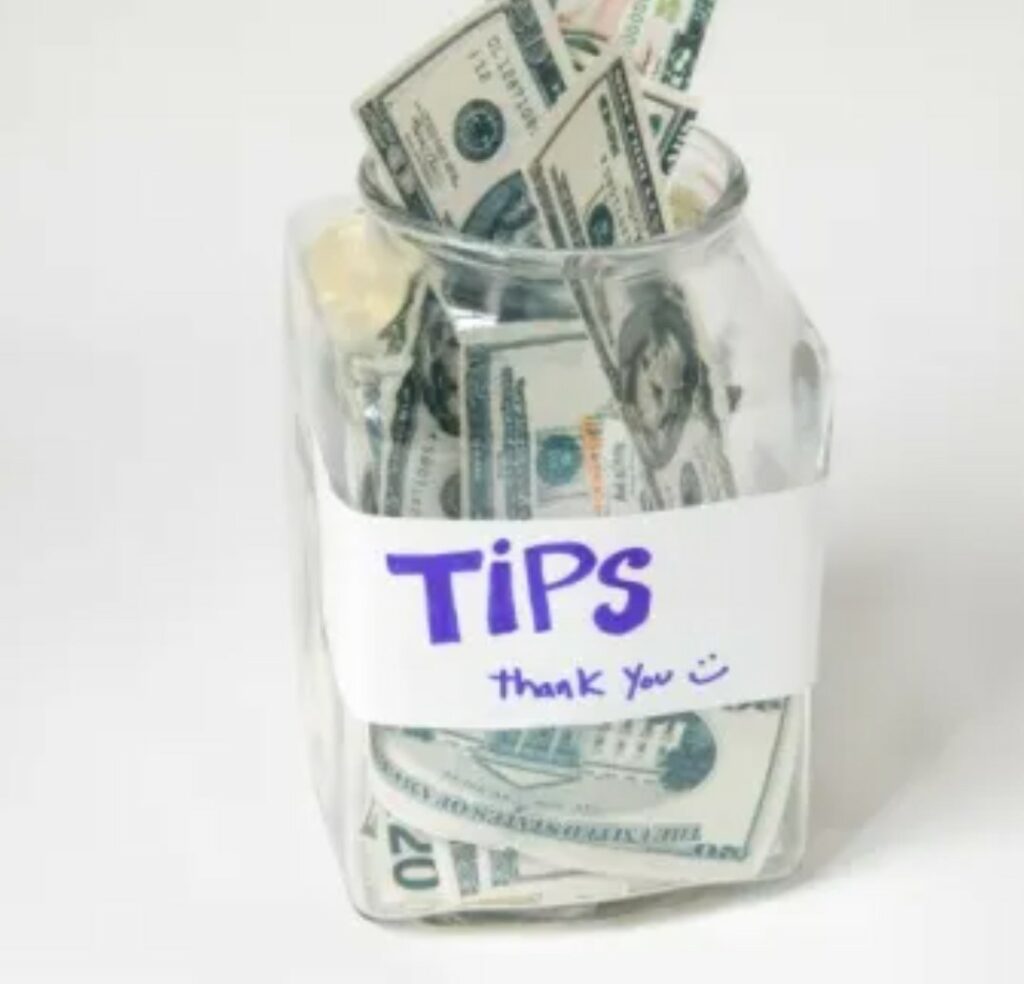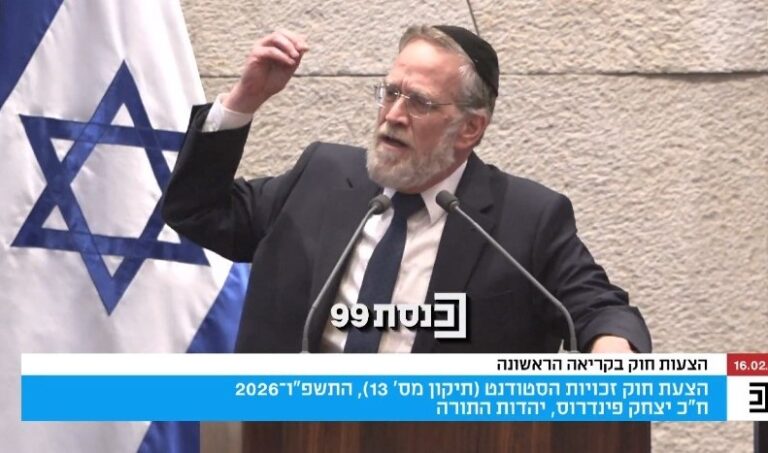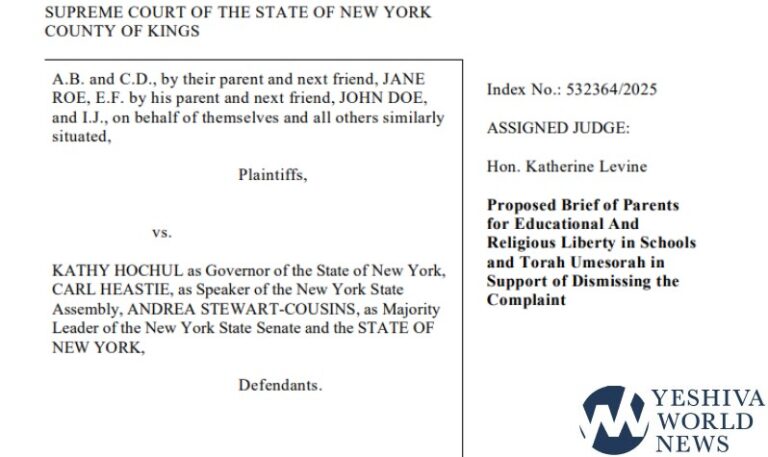by Rabbi Yair Hoffman for the Sefas Tamim Foundation
QUESTION: I am a Torah observant Jew who tries to meticulously observe halacha. Lately, I have been doing bartending for a Glatt Kosher caterer. Someone advised me that if I put out a glass with the word, “Tips” written on an index card in a dark black marker and taped onto the glass and then place twenty dollar bills in it, I will get tips and the tips will be much larger. I am concerned, however, that this may be a violation of Gneivas Da’as. What is the halacha?
ANSWER: It is an excellent question and one that we posed to several Gedolei HaPoskim. But first a brief introduction. The prohibition known as Gneivas Daas, involves fooling or deceiving others in physical practice. The Gemorah in Chullin (94a) cites Shmuel as saying that the prohibition applies to everyone.
*** Why Not Subscribe to the Weekly Parsha Sheet on Emes written by Rabbi yair Hoffman? Send the word “Subscribe” to yairhoffman2@gmail. com
Each week there are 4 columns written on the topic of Emes: One on the Parsha, another on inspiration for Everyday Emes, a third on Halacha and a fourth column a translation of classical texts on Emes.***
The Gemorah in Chulin 94a cites a Braisah which discusses a number of examples given by Rabbi Meir of things that are forbidden on account of the issue of Gneivas Daas. In regard to the verse of midvar sheker tirchak stay away from a false matter, there is a three way debate as to how we understand this pasuk. The Chofetz Chaim rules in his Ahavas Chessed that there is an out and out prohibition to lie. This is in accordance with the view of some Rishonim. Other Rishonim hold that the verse is merely good advice, but not halacha. A third opinion holds that it is applicable to judges adjudicating law. Generally speaking, the view of the Chofetz Chaim is normative halacha.
The prohibition of deceiving, however, is a clear out and out prohibition according to all opinions. According to the Sefer Yereim and the Ritvah it is a biblical prohibition. According to the SMaK the prohibition is derabanan. But all hold that it is a full-blown prohibition.
There is a fascinating Shaarei Teshuva (3:181) which states that the leniency of “Mutar l’shanos mipnei haShalom, sometimes it is permitted to tell a white lie to maintain peace” does not apply to Gneivas Daas. Gneivas Daas is a serious halachic issue that should not be ignored or trampled upon.
Now on to your inquiry. Your question was posed (in order of how they were reached) to Rav Shmuel Fuerst shlita of Chicago, Rav Yisroel Dovid Harfenes Shlita of Williamsburg, Rav Hershel Ausch shlita of Williamsburg, and Rav Shlomo Miller shlita of Toronto. The responses ranged significantly. Rav Fuerst ruled that it is forbidden because it is a clear case of Gneivas Daas. Rav Harfenes ruled that if he just puts in twenty-dollar bills then it would be Gneivas Da’as. However, if there were five-dollar bills and one-dollar bills placed in the glass – then there would not be a problem. (Rav Fuerst also agreed to Rav Harfenes’ solution). Rav Ausch responded that it would be permitted as long as he does not say anything to promote giving the larger tip. Rav Miller explained that it is certainly not a proper thing to do, but he cannot say that it is assur in Din. Given that there is such a wide range of responses, you should ask your own Rav or Posaik as to how to proceed.
*** Why Not Subscribe to the Weekly Parsha Sheet on Emes written by Rabbi yair Hoffman? Send the word “Subscribe” to yairhoffman2@gmail. com











